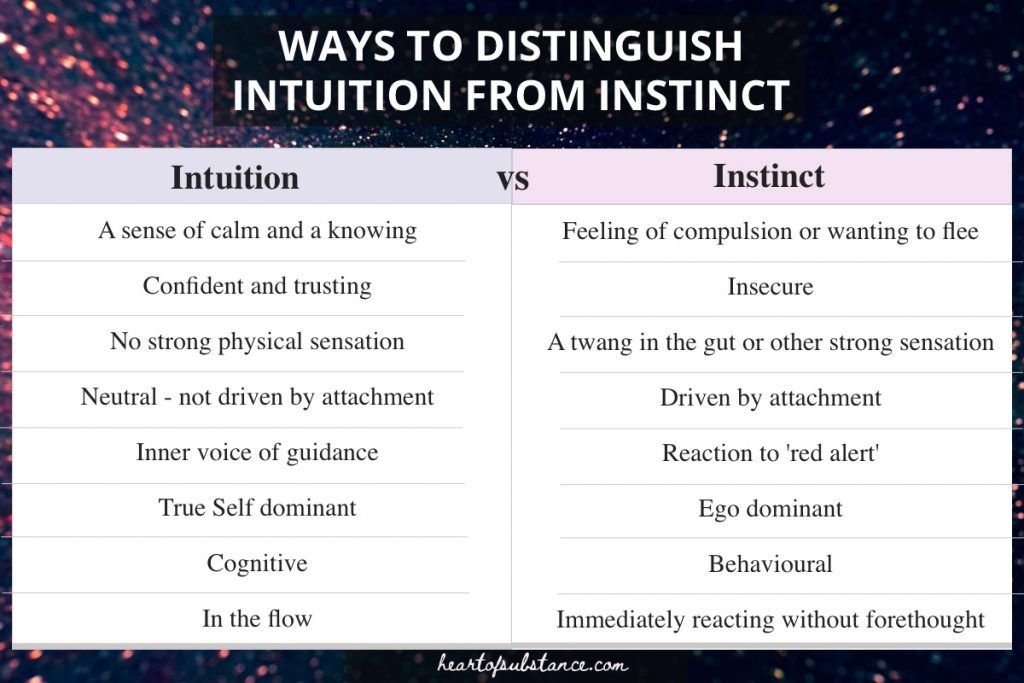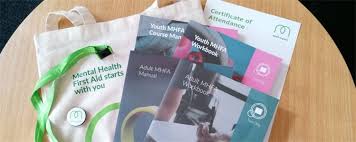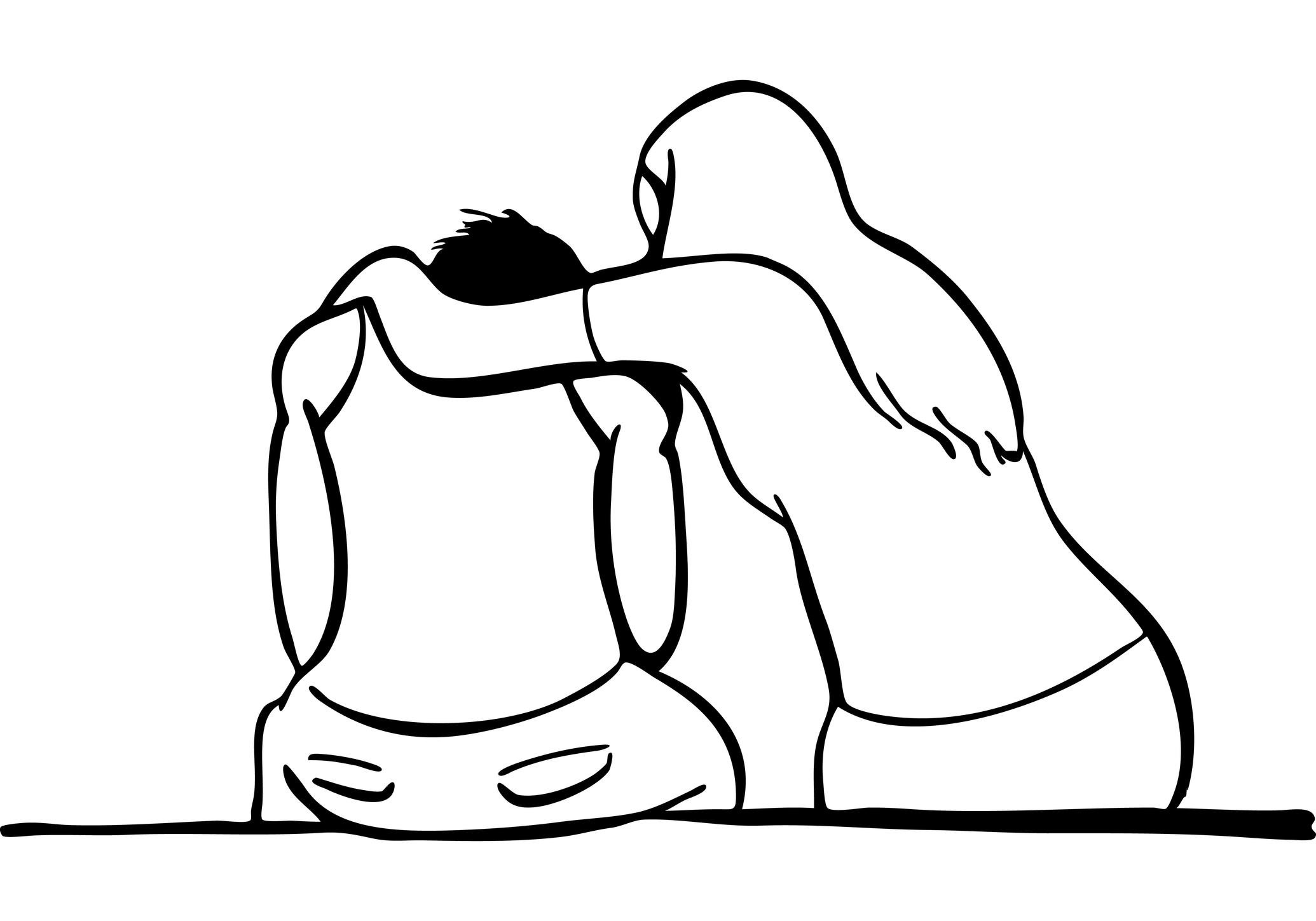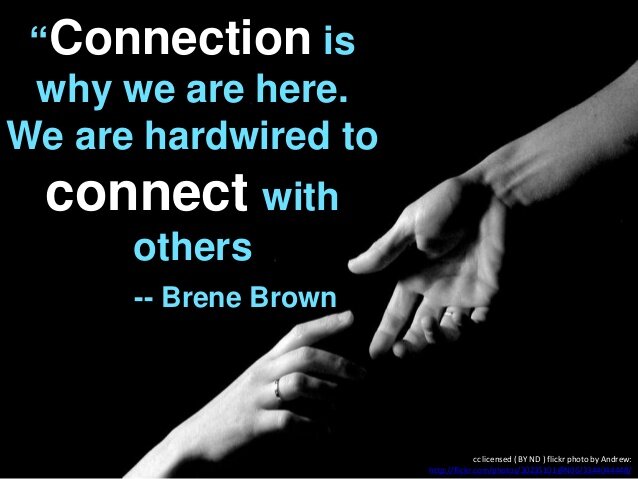A colleague posted this really interesting article by HR NEWS. This is something we at MRT Consultants are equally passionate about and feel very encouraged to know that HR and those in senior positions are joining the call for mental health to be part of corporate policy and training in companies.
It does not have to be a big company at all, it applies and helps any sized organisation where people work and care.
Bosses urged to sent staff on ‘Mental Health first aid’ courses
A lawyer specialising in employment law has called on bosses to send staff on “mental health first aid courses” to help support colleagues in the workplace.
Gillian McAteer, head of employment law and HR at Citation, offers around the clock support to companies looking to improve their work practices.
And now, Gillian is calling on bosses to improve mental health support in the workplace – by sending staff on first aid courses specialising in non-judgmental listening and spotting triggers of mental health problems.
Gillian said: “Mental health is one of the biggest issues facing the UK workforce today. Workplace stress coupled with the struggles of everyday life means around 59% of workers now suffer from a mental health condition, yet bosses often fail to recognise when employees are struggling.
“Mental health is a broad church and can range from depression, to borderline personality disorders, and eating problems, to loneliness, anxiety, paranoia, and stress.
“Our Citation research shows the majority of the UK workforce is now living with a mental health condition of some sort, and bosses have a legal obligation to support and protect employees experiencing mental health problems.
“One thing we have done at Citation is recruit Mental Health First Aiders amongst the workforce. It’s the same, in theory, as a traditional First Aider, but the focus is on topics surrounding mental health.
“Whether someone is feeling stressed, anxious, or is struggling with a more chronic mental health issue, our Mental Health First Aiders are here to spot the signs and reach out to provide support and assistance, whether it’s offering a shoulder to cry on or guiding people to further support through the NHS or charities.”
Research from the Health and Safety Executive (HSE) shows a staggering 11 million days are lost at work every year because of workplace stress. By placing mental wellbeing at the top of the list of priorities, Gillian believes companies will ultimately benefit from having well-rested employees who feel listened to and valued by their bosses.
Gillian said: “It is imperative that we remove the stigma attached to mental health. Our research shows around 40% of people with a mental health condition do not feel comfortable talking to their manager about it. This needs to change.
“Speaking openly about mental health can be a lifeline, that’s why we’re keen to see workplaces across the country sending staff on courses that will help them spot the signs when their colleagues are struggling.
it was great to get this feedback from our Mental Health Champion Delivery last week:
‘A really useful and inspiring course that EVERYONE should go on! The instructors were both very warm, welcoming and open. I learnt loads of valuable tools and techniques, which I can now put in place both at home and at work. Thank you all.’ (Champion course, Ewell Castle School, November 2021)
Times are changing. Great to have people climbing aboard. If you’re thinking about training get in touch for information and support: ase@mrtconsultants.co.uk





















